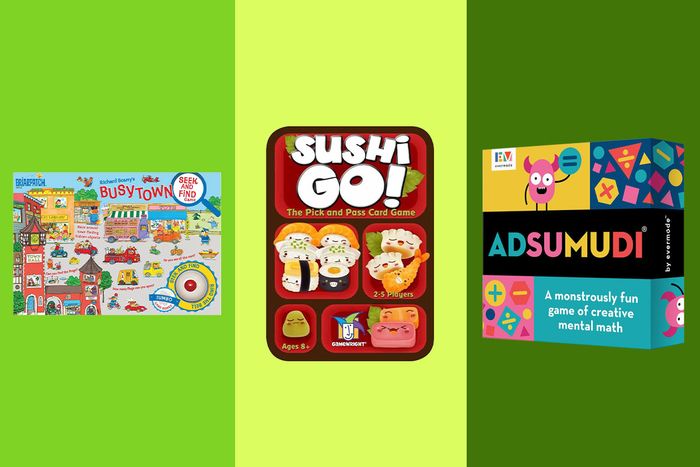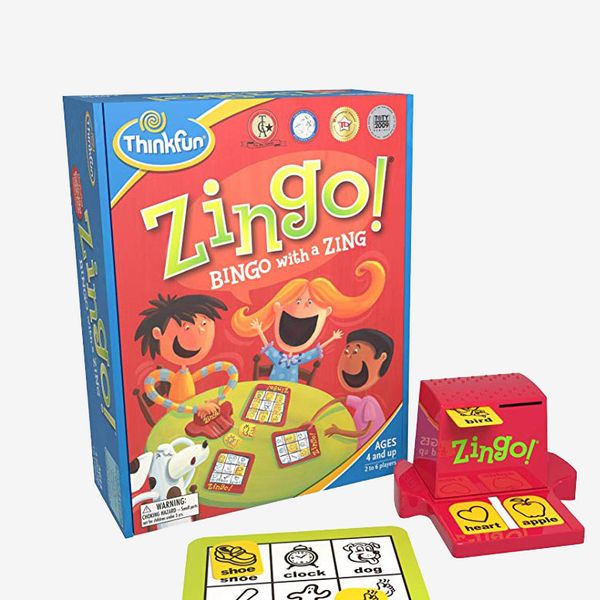Best Board Games for Kids That Boost Creativity and Critical Thinking
Best Board Games for Kids That Boost Creativity and Critical Thinking
Blog Article
The Ultimate Guide to Choosing the Best Board Games for Kids
Board games have long been a staple of family amusement, giving possibilities for social relationship, strategic thinking, and creativity. With numerous solutions, choosing the best kids games can be a difficult task. This manual outlines necessary factors to think about whenever choosing the best board games to make certain both enjoyment and developmental benefits.

Era Appropriateness
Among the first criteria when selecting a game is the age of the kids who will be playing. Board games tend to be made with specific age groups in mind, considering the cognitive and cultural skills common of the ages. Try to find era tips on the presentation or solution description to make sure that the game suits your child's developmental stage. Activities created for younger kids often function simpler principles and smaller playtimes, while those for older kiddies may require more technical strategies and longer durations.
Academic Value
Several board games present academic advantages, helping young ones develop essential abilities while having fun. When choosing a casino game, consider what abilities it promotes—be it important thinking, arithmetic, examining, or social interaction. Games that include counting, punctuation, or technique may bolster classroom learning in a playful environment. Parents and educators frequently recognize games that blend amusement with understanding, making them a good selection for both play and educational reinforcement.
Group Measurement and Interaction
Board games differ somewhat when it comes to how many players they accommodate. Some games were created for just two players, while others can include big groups. Consider the normal playgroup measurement when selecting a game. If you frequently host gatherings or household sport days, look for games that can accommodate more people to inspire conversation and teamwork. Also, assess the level of cooperation versus competition within the game. Supportive activities, where players come together toward a common aim, can foster teamwork and communication abilities, while competitive activities may teach healthy competition.
Playtime and Complexity
The period of gameplay may somewhat impact your family's enjoyment. Some children have smaller attention spans, creating quick games more inviting, while the others might prosper in longer, more immersive experiences. Assess the common play indicated on the field and consider your children's preferences. Difficulty is another important component; younger young ones may take advantage of simpler rules, while teenagers might enjoy the task of more complex mechanics.
Themes and Pursuits
Kids in many cases are interested in activities that arrange making use of their interests, whether that is fantasy, adventure, or history. Selecting a game title with a theme that resonates with your son or daughter may increase their diamond and enjoyment. Browse through the game's parts, artwork, and story to ensure it reflects their imagination.

Realization
Choosing the best board games for kids requires a clever factor of age appropriateness, academic value, party character, playtime, difficulty, and personal interests. By keeping these facets at heart, you can select activities that not only entertain but also subscribe to your child's growth and foster beloved family memories. With the right board games , household sport evenings can become a popular custom full of fun and learning. Report this page